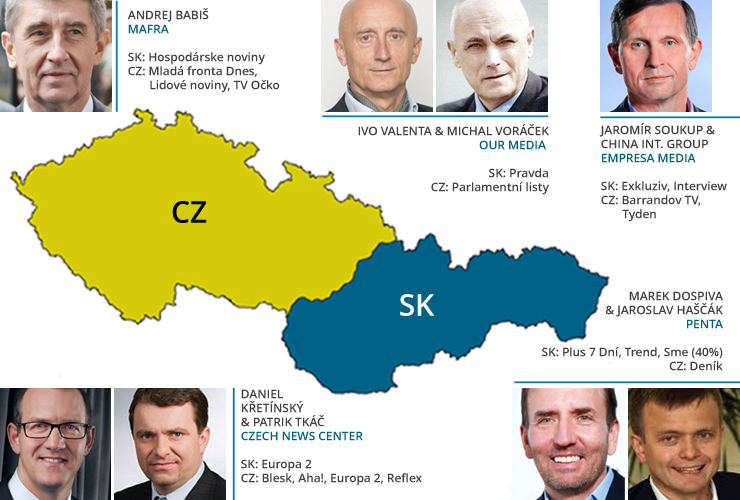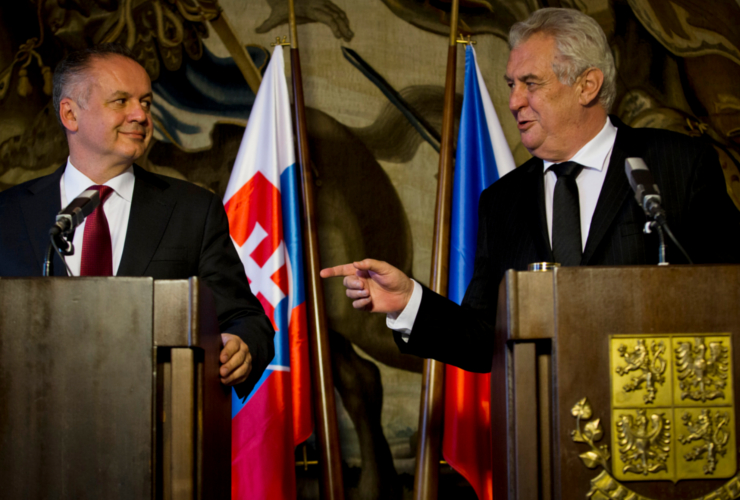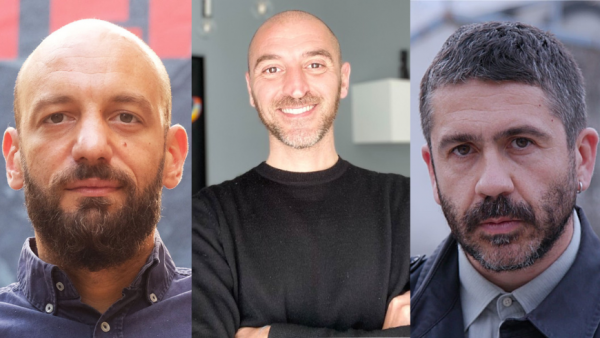In combination with its 800,000 monthly readers, the alt-right news site Parlamentní listy’s trademark blend of sensationalism, fake news and outlandish commentary has a major impact on Czech political discourse. President Miloš Zeman is an ally, leaking news their way and granting exclusive interviews. Meanwhile, studies show considerable overlap between news narratives on the site and ones spread by sites with known Russian intelligence links.
Now, the web site’s owners, the Prague-based Our Media a.s., are looking to go mainstream and expanding their role in neighbouring Slovakia through the purchase of the centre-left daily Pravda. Finalised in March, the deal brings one of Slovakia’s key newspapers, a title that dates back to 1920, into the fold of a media company that counts a stable of Czech regional television stations among its properties.
The purchase perpetuates a media consolidation trend of recent years, one that increasingly spans both the Czech and Slovak markets. Among others, real estate group Penta, oligarch turned politician Andrej Babiš, key partners from the investment firm J&T, as well as energy magnate Daniel Křetínský have all acquired media properties in both countries. Meanwhile, with two of the most popular private television channels — Slovakia’s TV Markiza and the Czech Republic’s TV Nova — on the auction block, the pattern looks set to continue.

Key companies with media interests in the Czech Republic and Slovakia. Graphic: IPI
While Babiš, now the Czech prime minister, famously used his control of two daily newspapers to directly fuel his political career, others are buying up media as a hedge against competitors or as a naked means for promoting their business.
“I am not going to beat around the bush”, Penta cofounder Marek Dospiva said of the company’s 2015 purchase of the Deník chain of Czech local newspapers. “The fact that we own media gives us the certainty that it will be harder for anybody else to irrationally attack us.”
Lest there be any remaining doubt about the company’s motivations for getting into media its web site cites “the potential for commercial cooperation between the media and our companies” as “the driving force between our media sector acquisitions”.
All told, there are already signs that such overlapping interests lead to “clear cases of self censorship”, Václav Štětka, a lecturer in media studies at Loughborough University in the UK, said. “There is a clear tendency to avoid certain topics or pursue a line that might be more friendly to the owners’ business interests.”
Still, Our Media’s purchase of Pravda represents a new development. While the Slovak market is home to plenty of conspiracy-driven news sites (including a Slovak version of Parlamentní listy), none of the brands have the reach that the Czech Parlamentní listy has.
“I don’t know of any other alternative site in Europe that plays such a central role in national politics”, Štětka said
Unlike Penta, J&T or Babiš, the owners of Our Media, gambling magnate Ivo Valenta and media mogul Michal Voráček, have no other large Slovak business interests. In light of the struggling business model of traditional print newspapers like Pravda, all indications are that their motives are ideological.
“Most of these investments are not made to generate the profit”, Štětka said.
While Alena Kluknavská, a research at Masaryk University’s Centre for Nonprofit Sector Research, conceded that it has been hard to detect overt changes to Pravda’s editorial line as yet, she contends that Our Media’s past behaviour does look a predictor of future plans.
“We do know that [the owners] control websites in both the Czech Republic and Slovakia”, she added. “They are popular among internet users and on the lists of conspiracy websites.”
Amid an already robust tabloid market, Our Media’s sensational, conspiratorial and often outright inaccurate take on politics could gain added could added currency under the guise of a traditional media brand.
“Their other outlets are influential, but very specific,” Štětka said. “Pravda is a mainstream, established outlet.”



